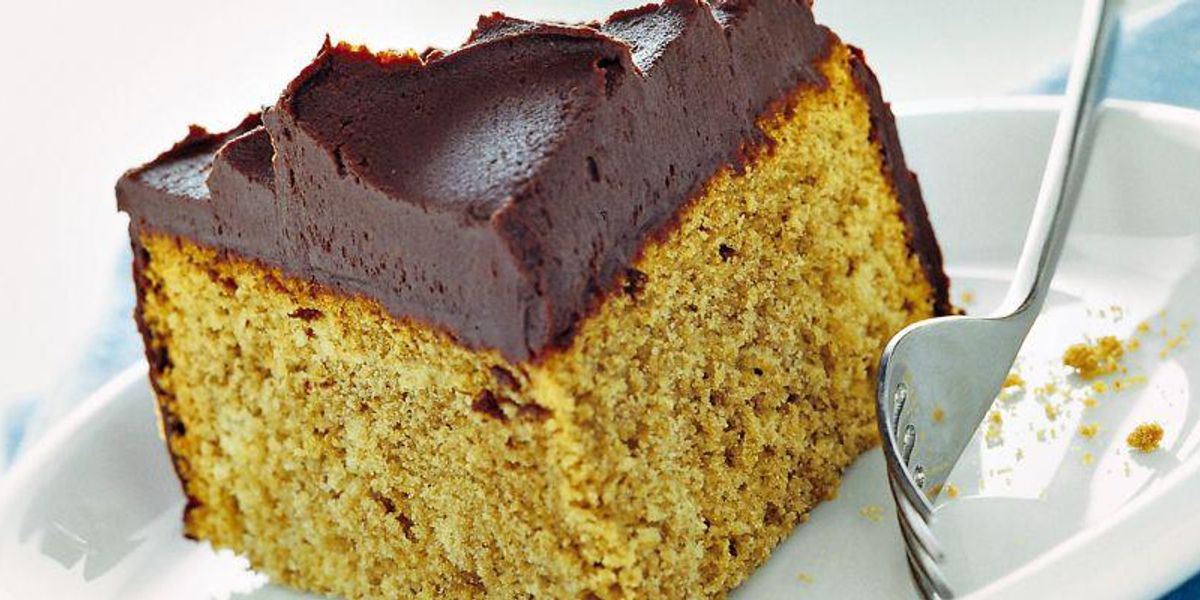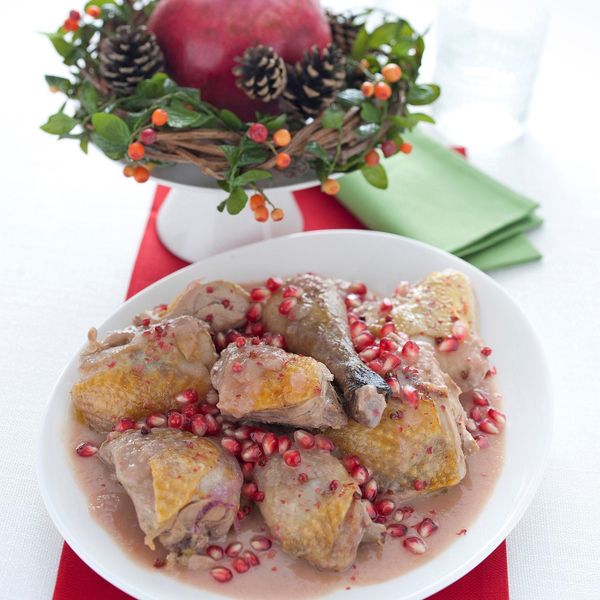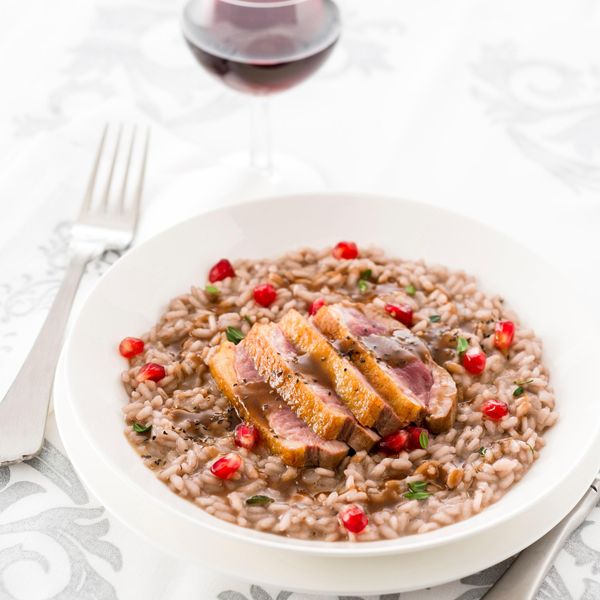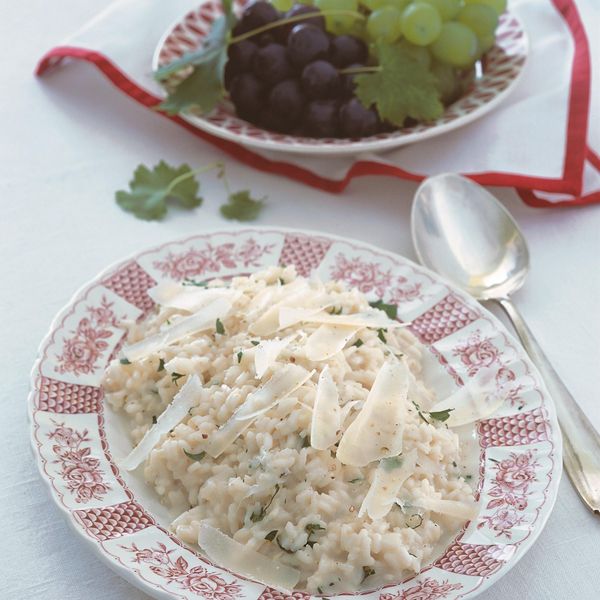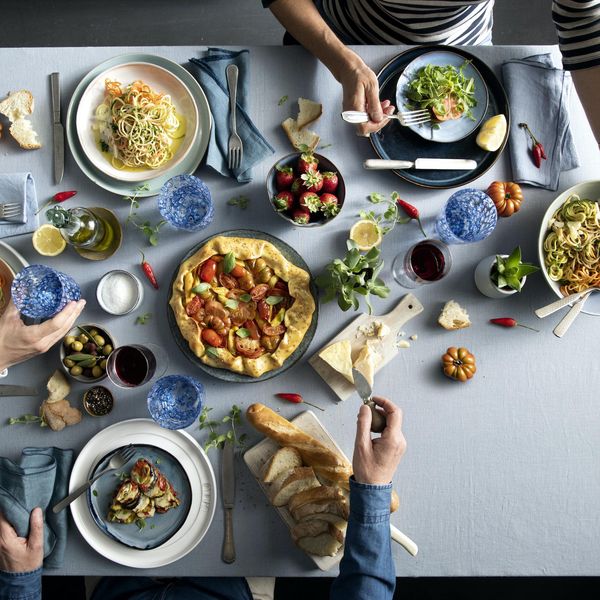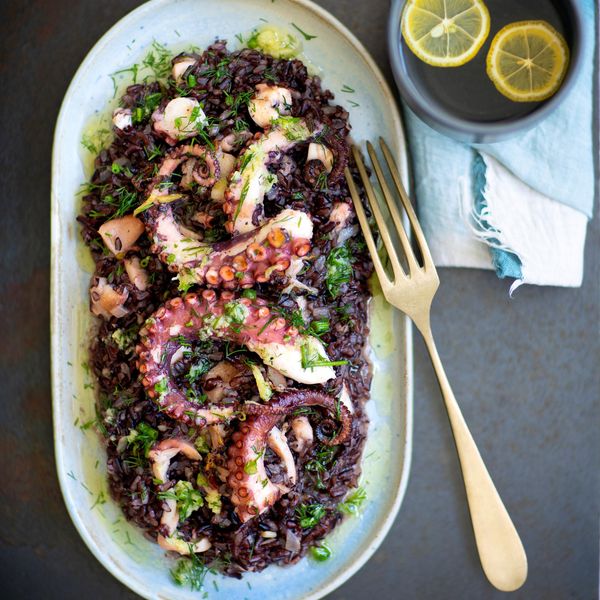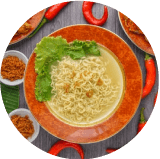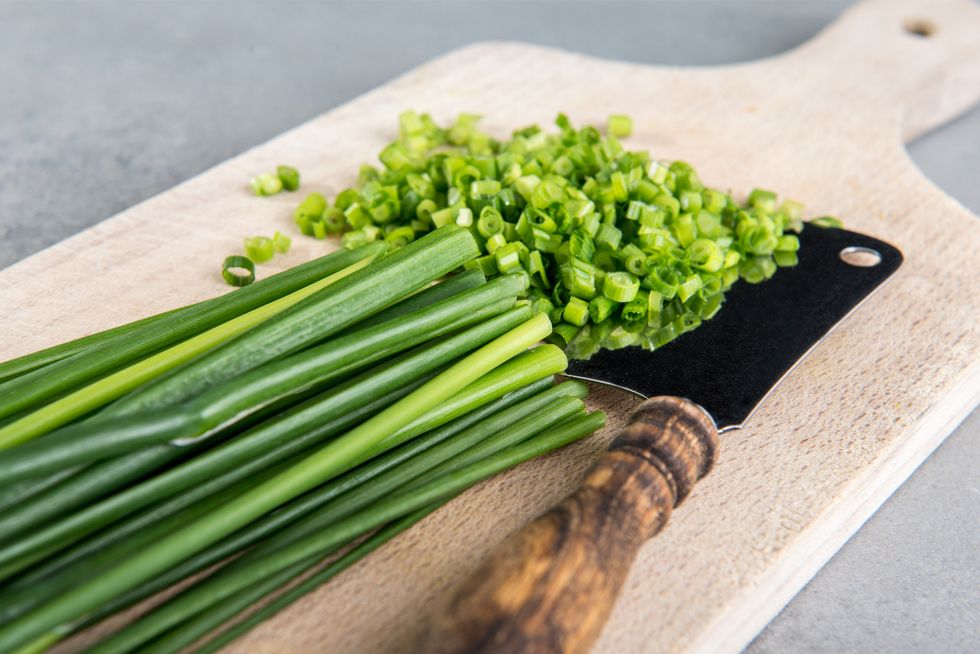
Antibacterial and cardiotonic, antioxidant and hypertensive effects. Let's find out why chives are good for health.
The family, as we know, always plays its part. And chives have an advantage in this regard. It belongs to the noble family of Liliaceae , genus Allium , the same to which garlic , onion , leek and shallot belong, used for more than 4000 years in cooking and as natural remedies. Cited for their beneficial effects already by Hippocrates, Herodotus, Pasteur and even included in the "Codex Ebers", an Egyptian papyrus dating back to 1500 BC
As Dr. Francesca Spiga , nutritionist biologist underlines, “The properties of garlicky plants have been known since ancient times; they were used during febrile attacks caused by infectious diseases and in the Middle Ages by Benedictine monks to prevent and treat various communicable diseases ". Chives in particular boasts many positive characteristics: it is rich in Vitamin A (Retinol and β-carotene), B vitamins, in particular folates, (105 micrograms per 100 g of edible part), glutathione, flavonoids, vitamin C (100gr of chives contain 58,1mg which correspond to more than half of the daily requirement in adults), vitamin K (essential for blood coagulation processes), in addition, like onion, it also contains quercetin which has properties antioxidants and antihypertensives. In addition to vitamins, it also contains good quantities of minerals including iron, calcium, sodium, potassium, phosphorus and zinc ".
Spiga explains “Freshly cut or crushed chives release the allicin molecule, from which various sulphides originate, including in particular diallyl sulfide and thioformaldehyde which have proven to be powerful antibacterials like penicillin or other antibiotics. Due to its composition it has a strong antioxidant activity , cholesterol-lowering , cardiotonic properties , regulates blood pressure helping to maintain a healthy heart and due to its content in antioxidants and flavonoids, it also has anticancer activities , as well as counteracting the formation of free radicals fight inflammation and cellular stress. Moreover, thanks to its ability to stimulate the production of gastric juices, it facilitates digestion and stimulates the appetite ".
Moreover, it has very few contraindications , which can be controlled by using it in small doses. Care must be taken in people suffering from gastric pathologies since, by increasing gastric secretion, it can worsen the symptoms in those suffering from gastritis, gastric ulcers, reflux. Due to its Vitamin K content, it is better to limit its use in the kitchen by people on oral anticoagulants therapy. Particularly suitable for pregnant women , given its richness in vitamins b and folate.
There are many ideas for using it in the kitchen and Dr. Spiga suggests some “In the kitchen it is an absolutely versatile ally, also because it is rich in fiber, therefore absolutely low-calorie and, like all spices, allows you to reduce the amount of salt. Excellent with eggs , added raw on soups (a use that I particularly love together with eggs) and risotto, with cheeses , in salads as well as with fish . It is certainly better to consume it raw and freshly cut, because it still retains a delicate taste and in this way all its nutritional properties remain unaltered, something that almost never happens with garlic, onion and other members of its family ".
